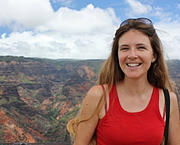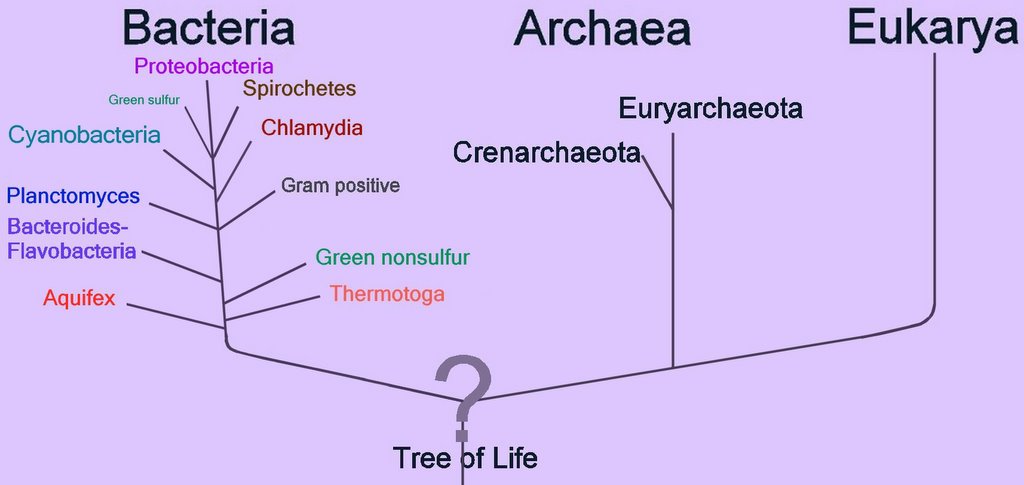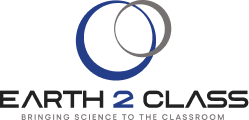Originally presented 7 May 2016
Abstract:
Phytoplankton are microscopic plants that float in the water and use sunlight, CO2 and nutrients to grow: like trees on land, they are primary producers at the base of the food web. They are essential to life on Earth since they produce around half the oxygen that we breathe and provide food for a wide range of sea creatures. To study these important microorganisms, biological oceanographers must go on field expeditions and collect samples from remote parts of the world. During this workshop, we will take you along on a journey across the subtropical Pacific on a research ship, and to an Arctic field station in Northern Alaska, to help you understand how we do our research. Along the way, we will discuss the many adaptations phytoplankton have acquired to succeed in different marine environments.


Dr. Solange Duhamel directs the Duhamel Lab for Marine Microbiology and Biogeochemistry at Lamont. The Duhamel Lab studies the abundance, diversity and activity of aquatic microbes. They focus on the open ocean but we also study coastal marine, lake, river and wetland ecosystems.They study the role of microorganisms as agents of biogeochemical transformations, and the reciprocal role of nutrients availability, in particular phosphorus (P), on the distribution, growth and productivity of microplankton.
Duhamel Lab for Microbiology and Biogeochemistry
Dr. Andy Juhl has provided several E2C Workshops about his research into arctic food webs and sewage in the Hudson River. His research and teaching focus on how aquatic microorganisms and their predators interact with each other and their physical/chemical environment. His work finds application in understanding geochemical fluxes, harmful algal blooms, water quality, and sea ice ecology.Andy’s website includes fascinating research movies that can be utilized in creating interesting learning experiences.
(E2C Jan 2012) “The Life of Polar Sea Ice” with Andrew Juhl and Craig Aumack
View Solange Duhamel’s Slide Show View Andy Juhl’s Slide Show

Related resources:
“Without These Ancient Cells, You Wouldn’t Be Here”
“Prochlorococcus, a Marine Photosynthetic Prokayote of Global Significance”
“Prochlorococcus marinus MIT 9313”
Lesson Plans and Videos:
COSEE Florida: The Cyanobacteria–The Cells that Changed the World
[Also see the NOAA Ocean Explorer version]
Videoclass: “Cyanobacteria and Prokaryotes”



